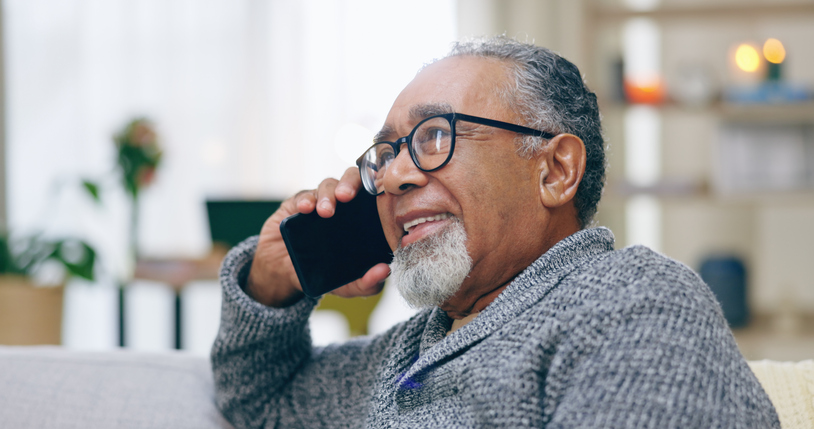Physical activity is good for bone health:
- It encourages the production of bone-forming cells
- It helps increase bone density
- It helps to build muscles, providing more stability for your body
It's important to check with your doctor before starting an exercise programme, especially if your bones might be weakened by cancer or cancer treatments. Your doctor can also refer you to a physiotherapist who can advise you on the best exercise for you.
It is important to keep exercising regularly to get the greatest benefit.





